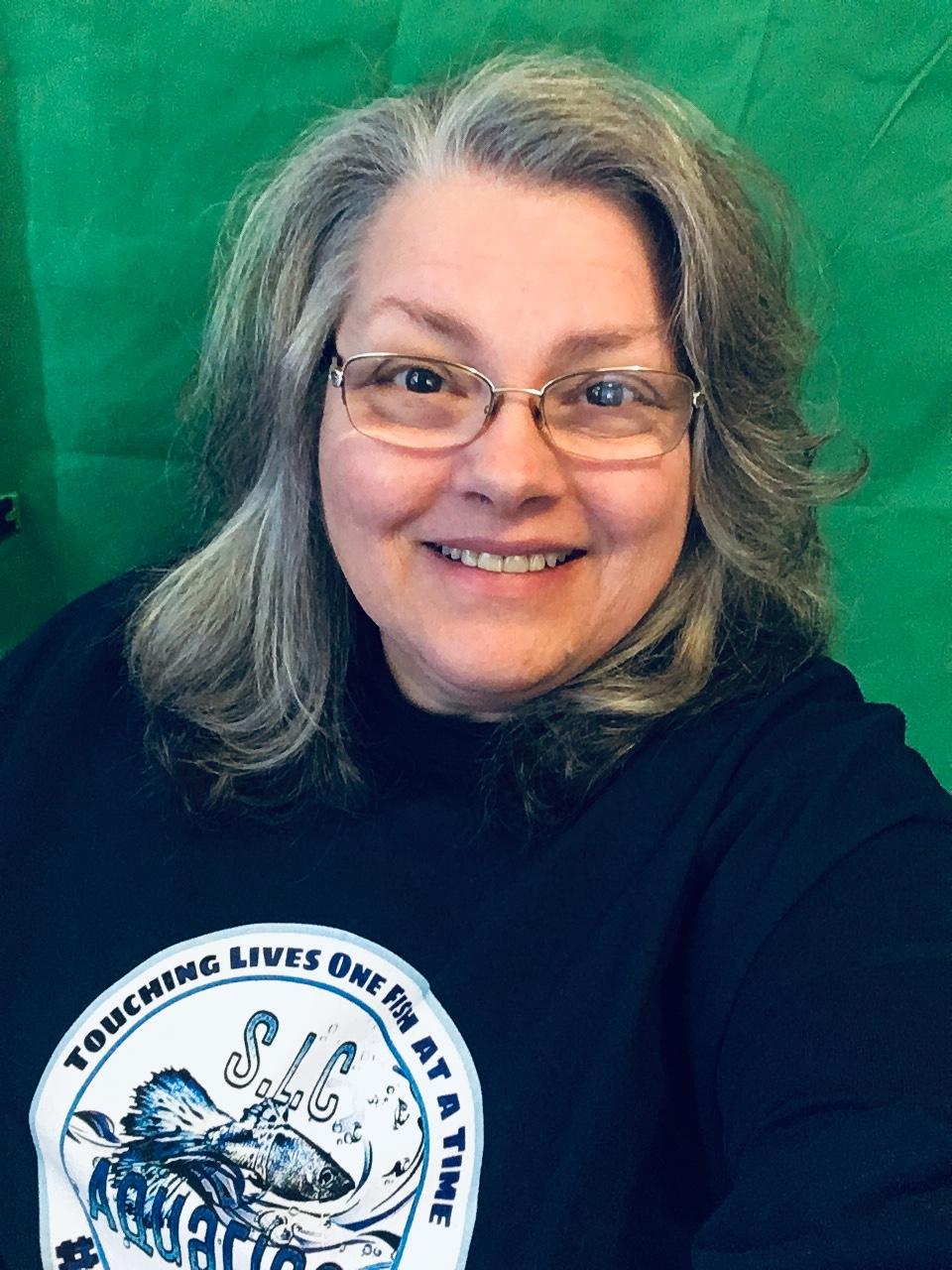
SLC AQUATICS
The Official Site SLC Aquatics – Welcome to SLC Aquatics’ home on the web! We love discussing anything having to do with fish — from fish tank designs to challenges you may have raising fish. We are a welcoming community, and we are glad you are here!

